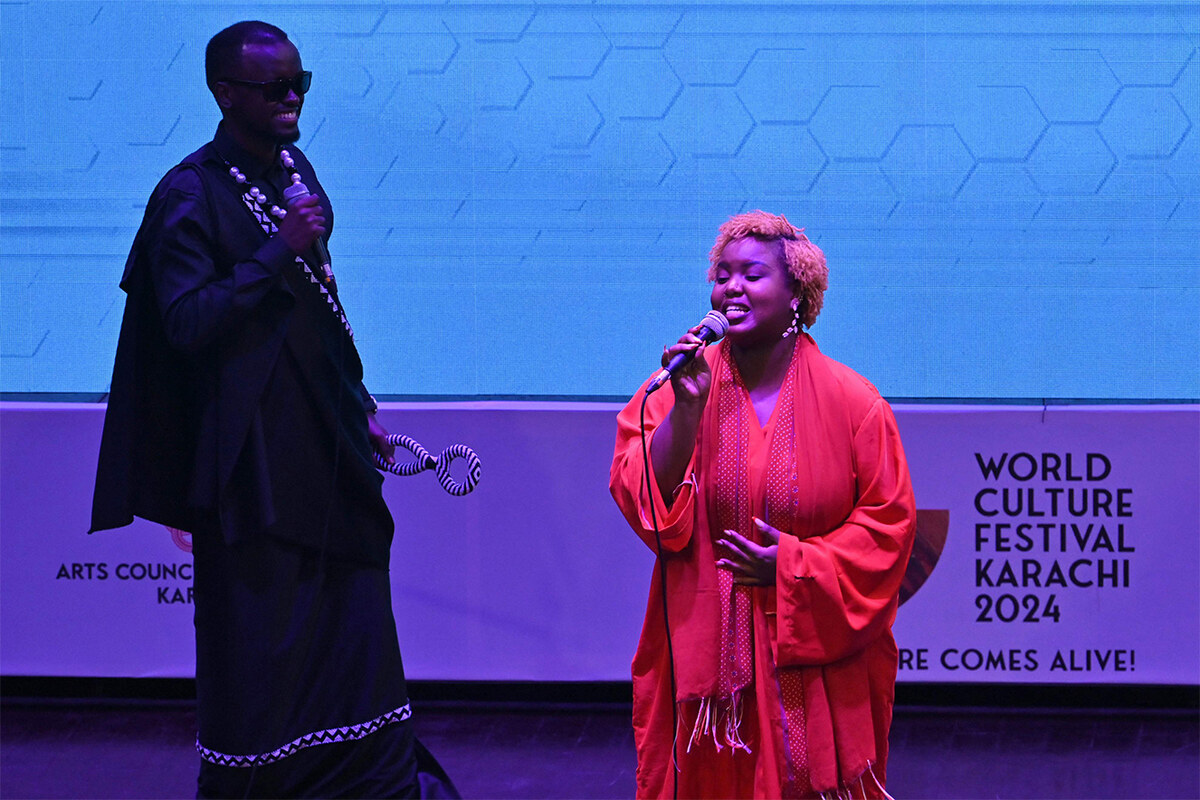ISLAMABAD: Pakistan’s election regulator on Thursday filed a review petition in the Supreme Court to seek clarification on the implementation of an earlier verdict regarding the allocation of reserved seats in parliament to the Pakistan Tehreek-e-Insaf (PTI) opposition party, adding a new twist in a political drama that has dragged on since general elections in February.
Candidates from the party of jailed former Prime Minister Imran Khan had to contest the Feb. 8 polls as independents after the PTI was stripped by the election commission (ECP) of its electoral symbol on technical grounds. They went on to win the most seats in the polls, but the ECP ruled they were not entitled to reserved parliamentary seats for women and minorities that are allocated in proportion to the number of seats a political party wins in general elections.
In July, the Supreme Court ruled that the PTI was indeed eligible for over 20 extra reserved seats and that the PTI would be considered a political party for the purpose of the Feb. 8 polls and those who had contested as independents because the PTI lost its election symbol were in fact PTI candidates.
The court has argued since in a detailed judgment released this month that a party’s constitutional right to participate in elections is not impacted by the absence of an electoral symbol.
As pressure has piled on the ECP to allot the seats to the PTI, it has now filed a petition to seek guidance on the matter, which legal experts have widely called a “delaying tactic.” The PTI accuses the ECP of being partial toward the ruling coalition of Prime Minister Shehbaz Sharif, which the regulator denies.
“The review has been filed on a few points in the Supreme Court’s detailed order,” the election commission said in a press statement.
“A CMA [civil miscellaneous application] has been filed in the Supreme Court to seek implementation in light of the Supreme Court ruling and a law passed by the parliament.”
The law referred to by the ECP was passed last month by the Sharif coalition, which amended the Elections Act to bar independent lawmakers from joining a political party after a stipulated period. The National Assembly speaker and the Punjab Assembly have since also written separate letters to the ECP urging it to follow the parliamentary law over the Supreme Court ruling on the reserved seats.
Advocate Faisal Chaudhry, who is alligned with the PTI, said the election commission was using “delaying tactics” to avoid implementing the court ruling.
“As a full court of the Supreme Court has already heard this case, so the review petition will be taken up by it,” he told Arab News.
Under Article 189 of the constitution, he said, the election commission was bound to implement the court ruling as a subordinate law could not override the constitution.
Barrister Ahmad Pansota also agreed that the election commission should have implemented the Supreme Court’s majority verdict instead of trying to “frustrate” it.
“The election commission may take some more time through the review petition,” he said, “but ultimately it will have to allocate the reserved seats to the PTI.”
ELECTIONS BILL
Amendments to Pakistan’s election laws were passed last month, with independent experts widely agreed that they were meant to prevent the allocation of reserved seats to the PTI and pose a fresh challenge to the party.
The Elections (Second Amendment) Bill says if a candidate does not submit a declaration of his affiliation with a political party to the returning officer before seeking the allotment of an election symbol, he or she shall be “deemed to be considered as an independent candidate and not a candidate of any political party.”
Another amendment says if a political party fails to submit its list for reserved seats within the prescribed time period, it would not be eligible for reserved seats at a later stage. A third amendment says a winning independent candidate’s decision to join a political party after elections was irrevocable.
After the election, PTI-backed candidates were forced to join the Sunni Ittehad Council, or SIC party, to claim their share of reserved seats since the election commission said independents were not eligible for them. Under the new election bill, PTI candidates who contested as independents and later joined the SIC may no longer be allowed to rejoin the PTI.
In Pakistan, parties are allocated 70 reserved seats — 60 for women, 10 for non-Muslims — in proportion to the number of seats won in general elections. This completes the National Assembly’s total 336 seats.
























